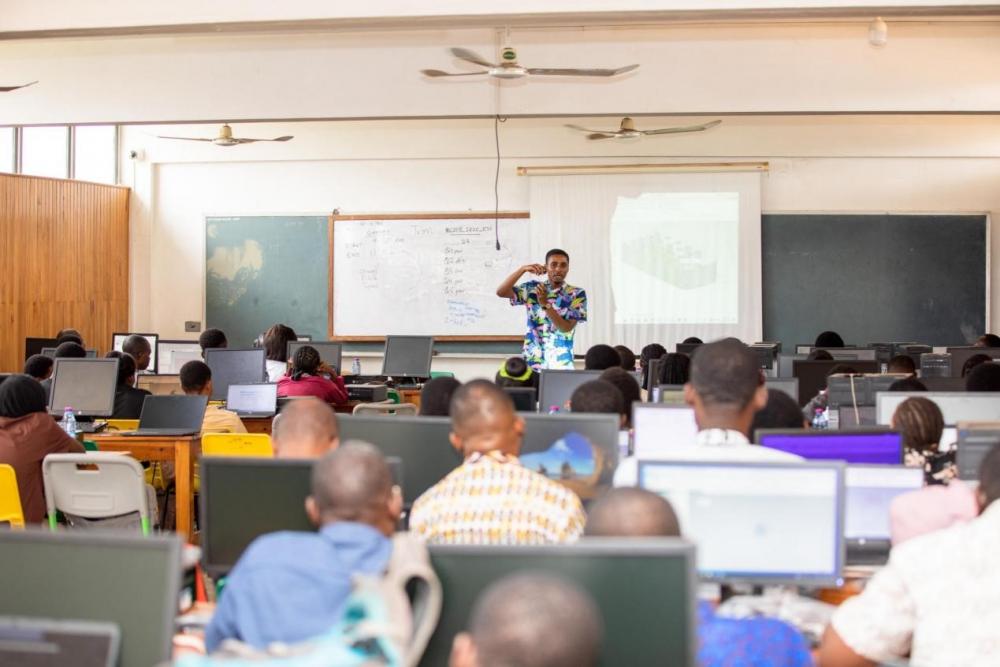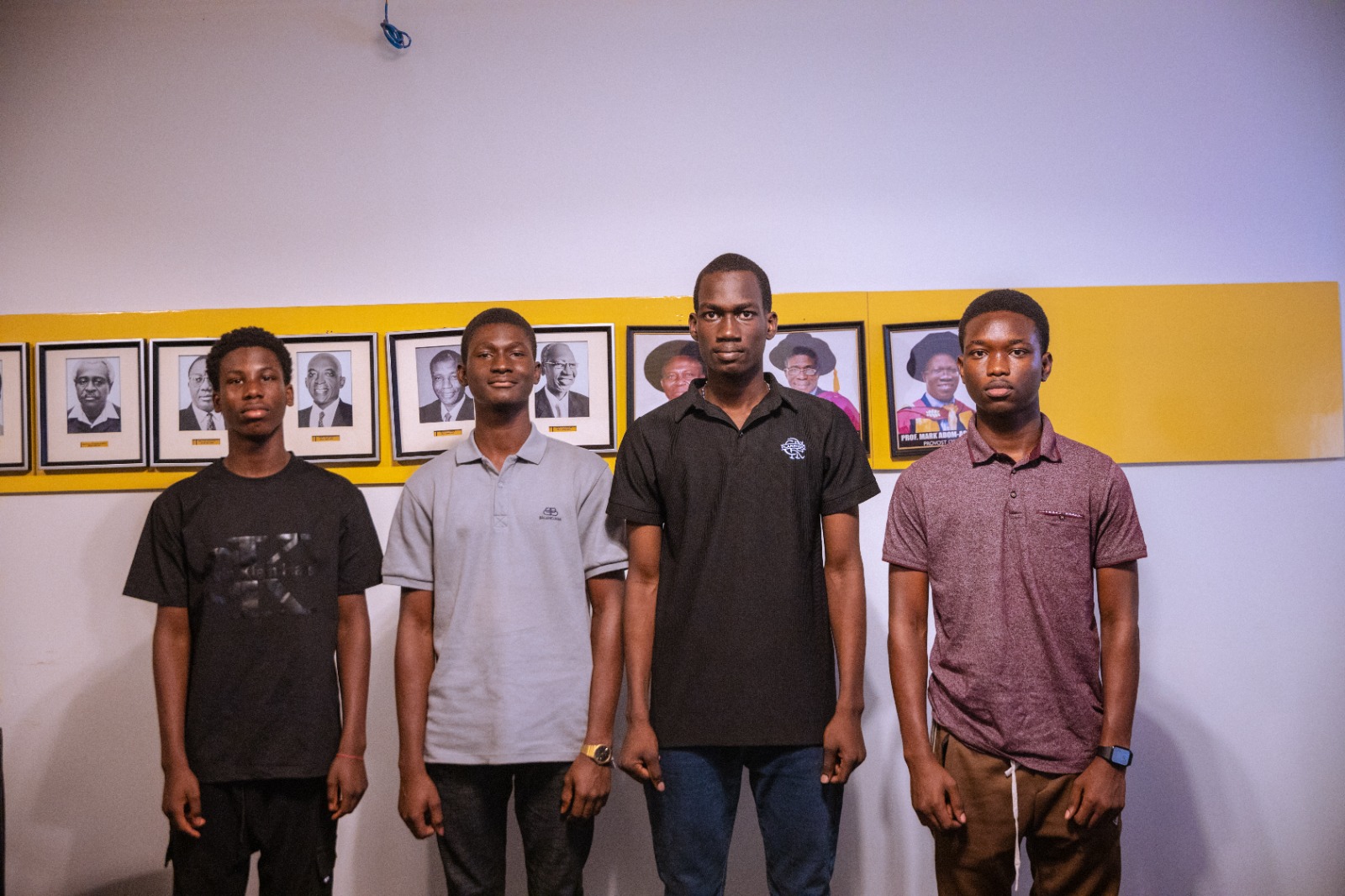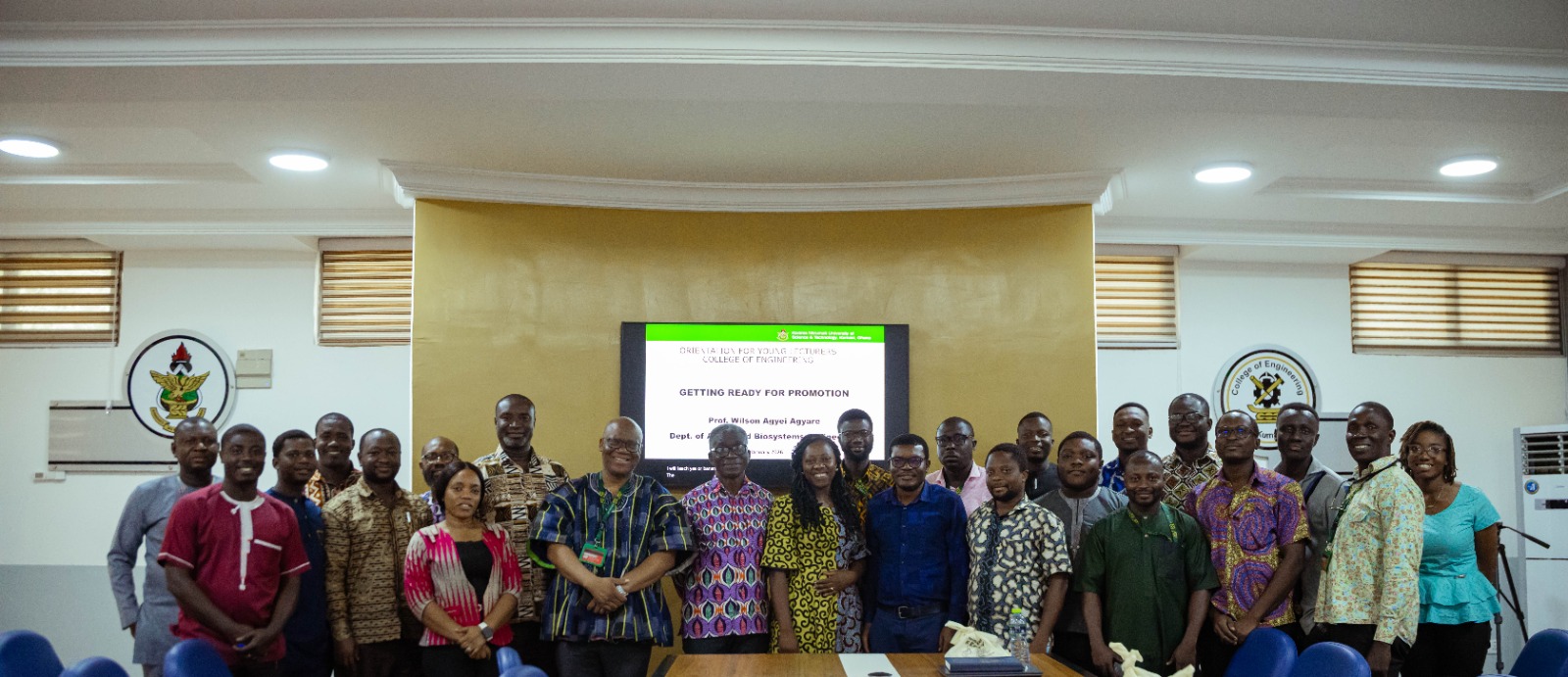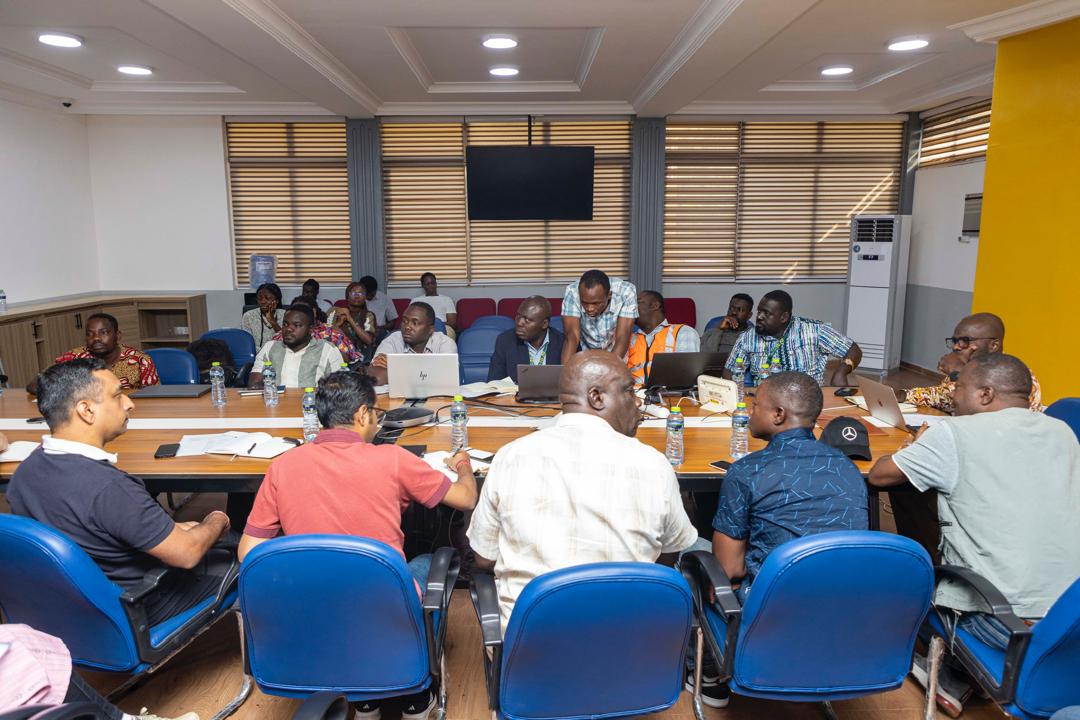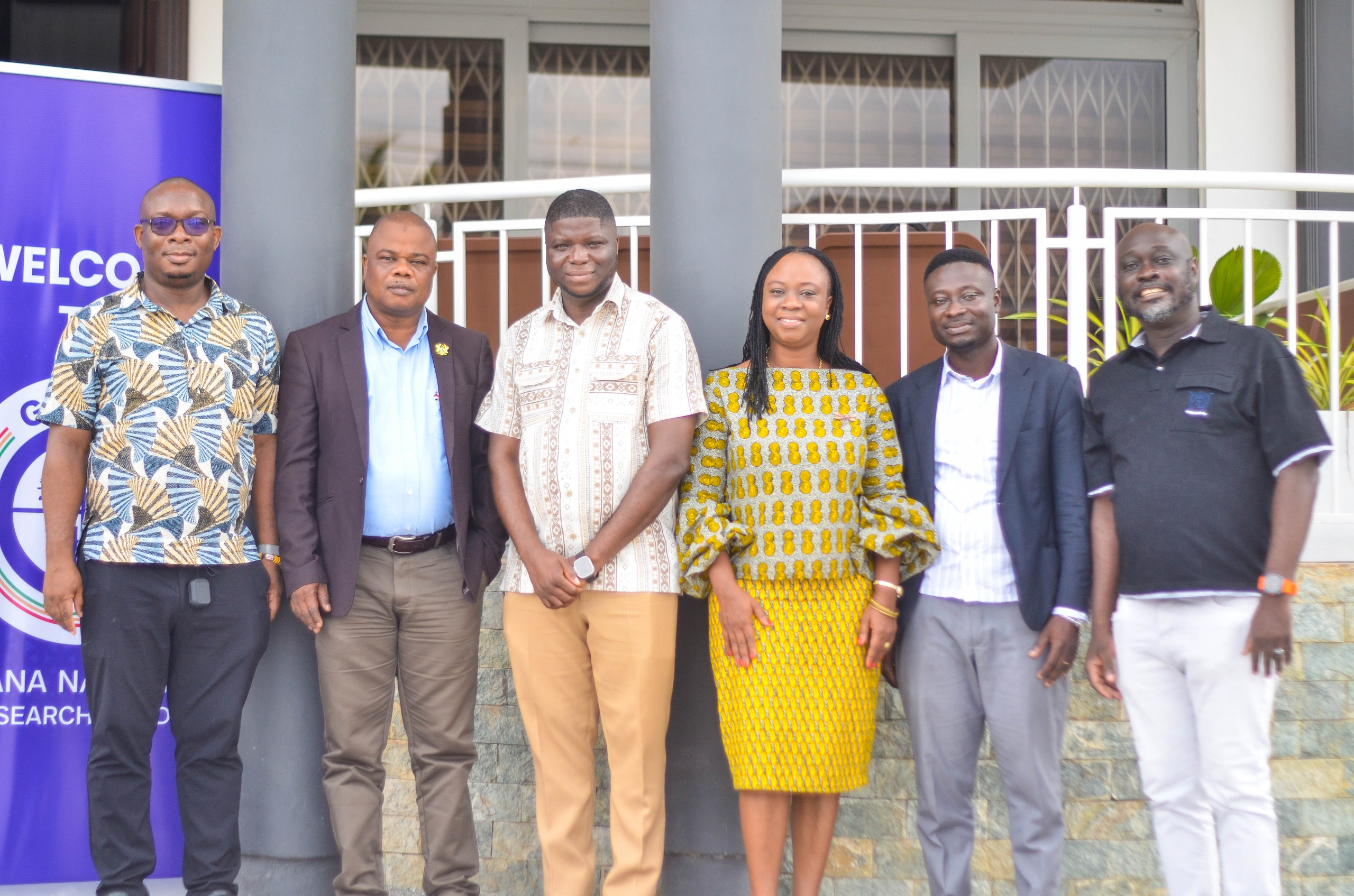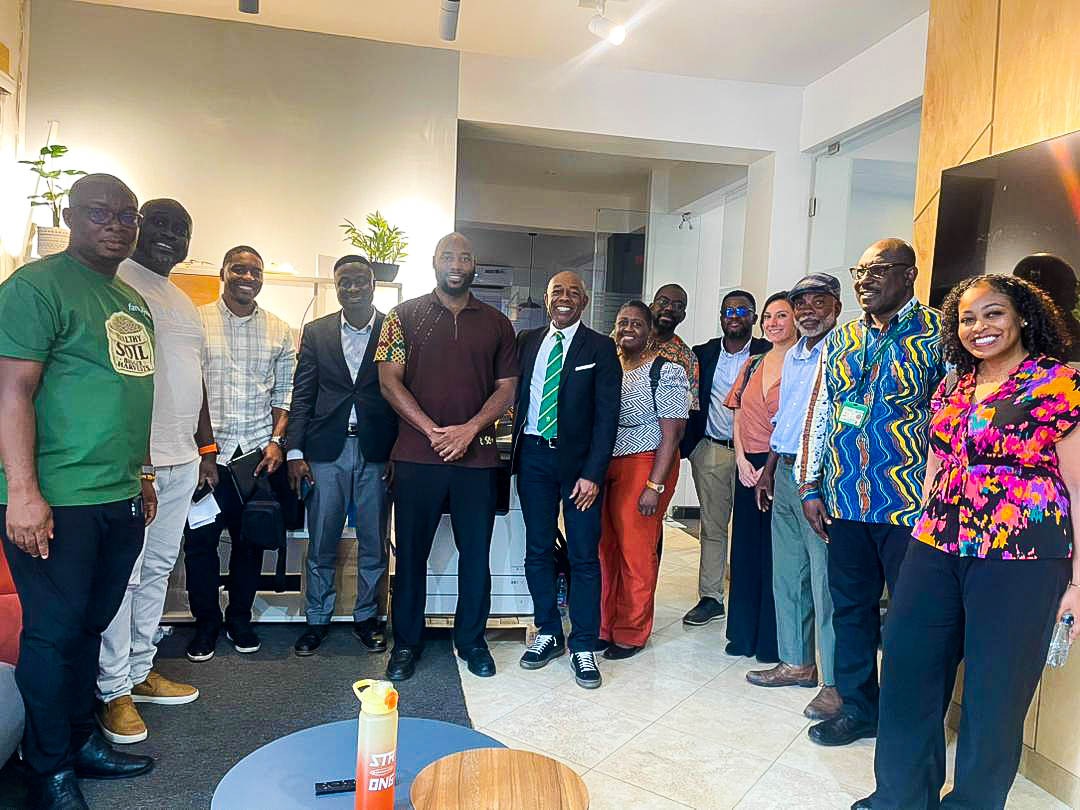In a major step toward enhancing technical proficiency and modernising educational support systems, the Faculty of Mechanical and Chemical Engineering, in collaboration with the Foundry and CNC Machining Training Centre and the SAFEFAG Project (Skilled Artisans for Fabrication Excellence and Foundry Advancement in Ghana), organised a five-day Computer-Aided Design (CAD) training workshop. The initiative was sponsored by the KNUST Engineering Education Project (KEEP) and supported by the Lloyd Foundation. Held from Monday, 8th to Friday, 12th September 2025, the intensive program aimed to equip technicians and students with advanced digital design skills to meet modern industry demands.
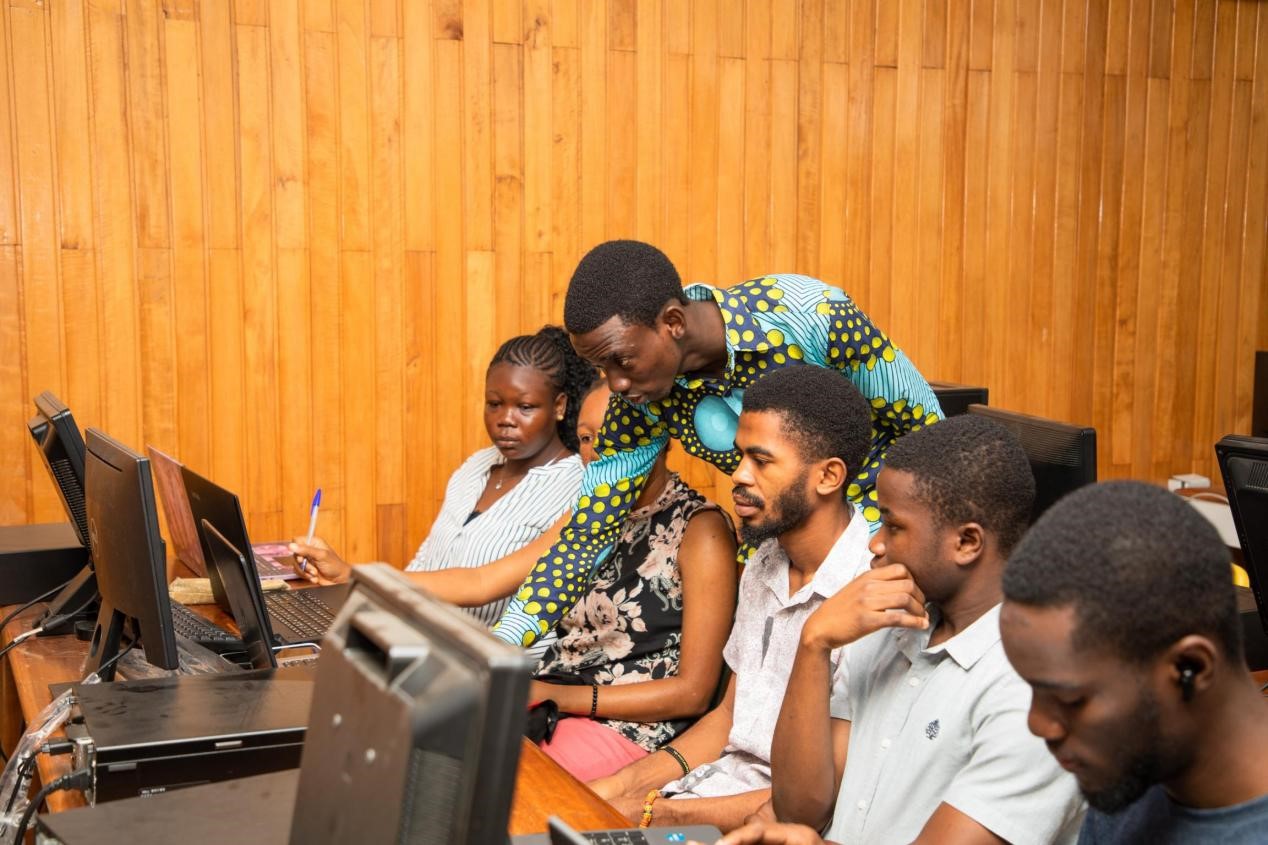
The training was strategically organised to bridge the gap between theoretical knowledge and practical skills in modern foundry, machining, and fabrication technologies.It provided beneficiaries with hands-on experience in advanced CAD software, a critical tool in modern engineering design, prototyping, and manufacturing.
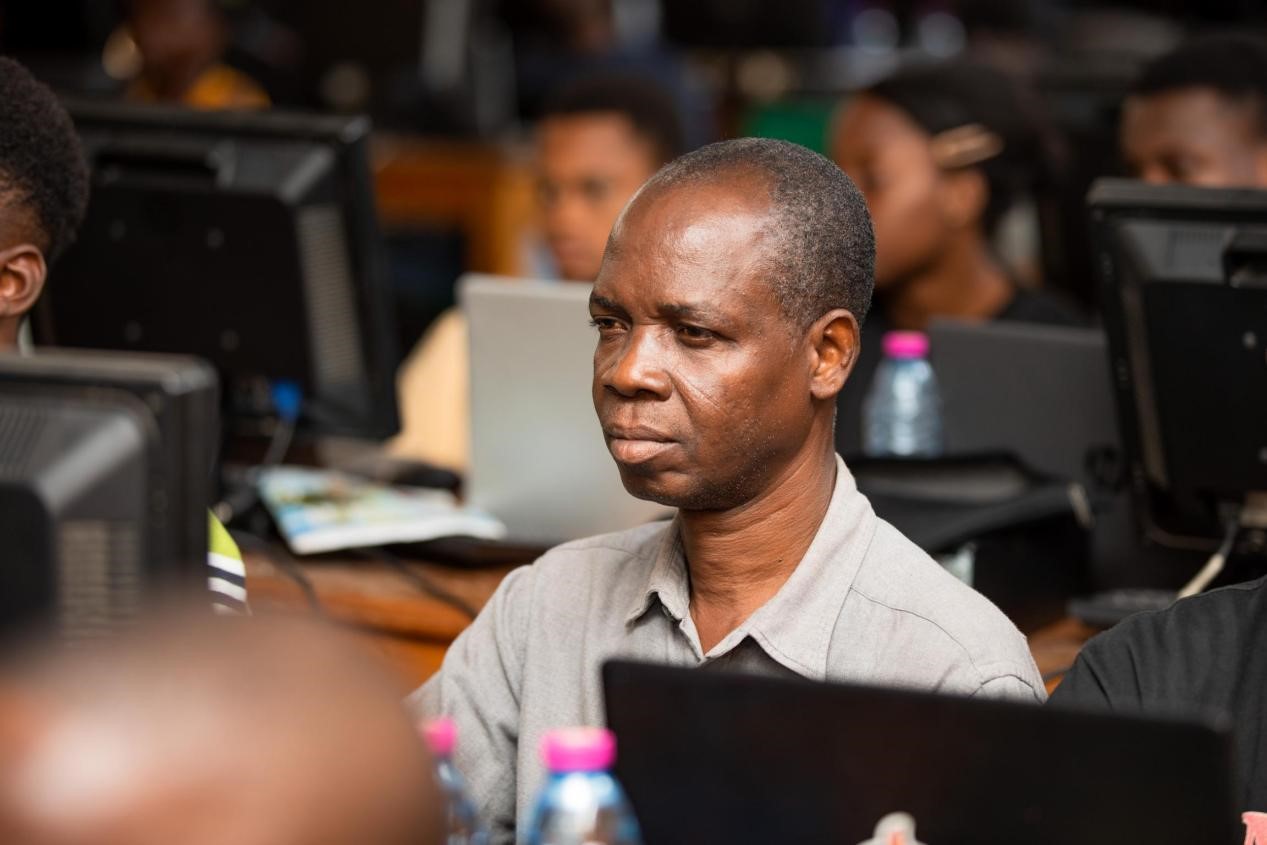
Recognising that technicians are the vital link that supports teaching, research, and innovation within the Faculty, the workshop specifically targeted the improvement of staff competency. The programme equipped them with the practical knowledge and digital tools necessary to support academic projects, maintain laboratory equipment with precision, and assist students more effectively in their design-based coursework and research.
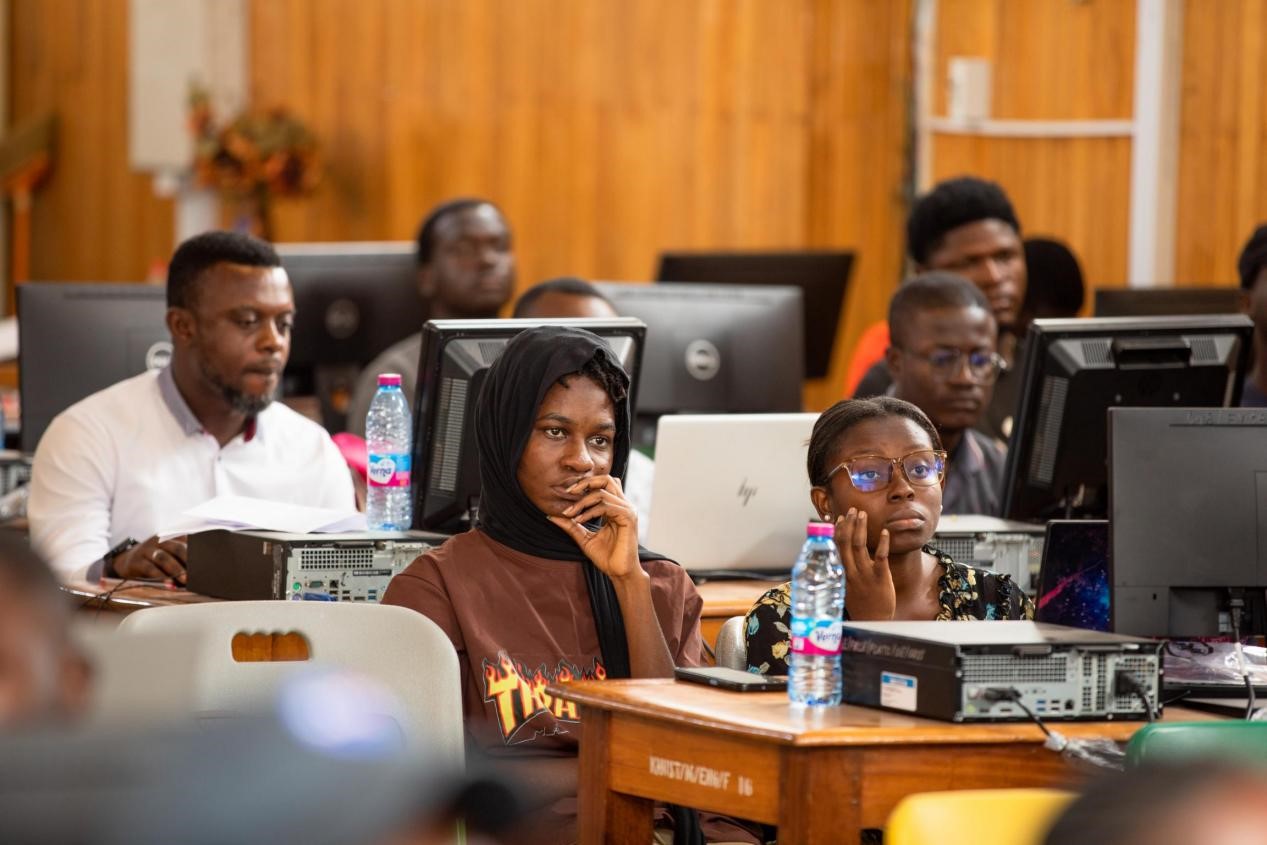
The rapid evolution of engineering demands that the skills of the entire faculty is continuously upgraded and by empowering technicians with advanced CAD competencies, the faculty is directly enhancing the quality of practical support for students and researchers, fostering an environment where innovative ideas can be translated into detailed, executable designs.
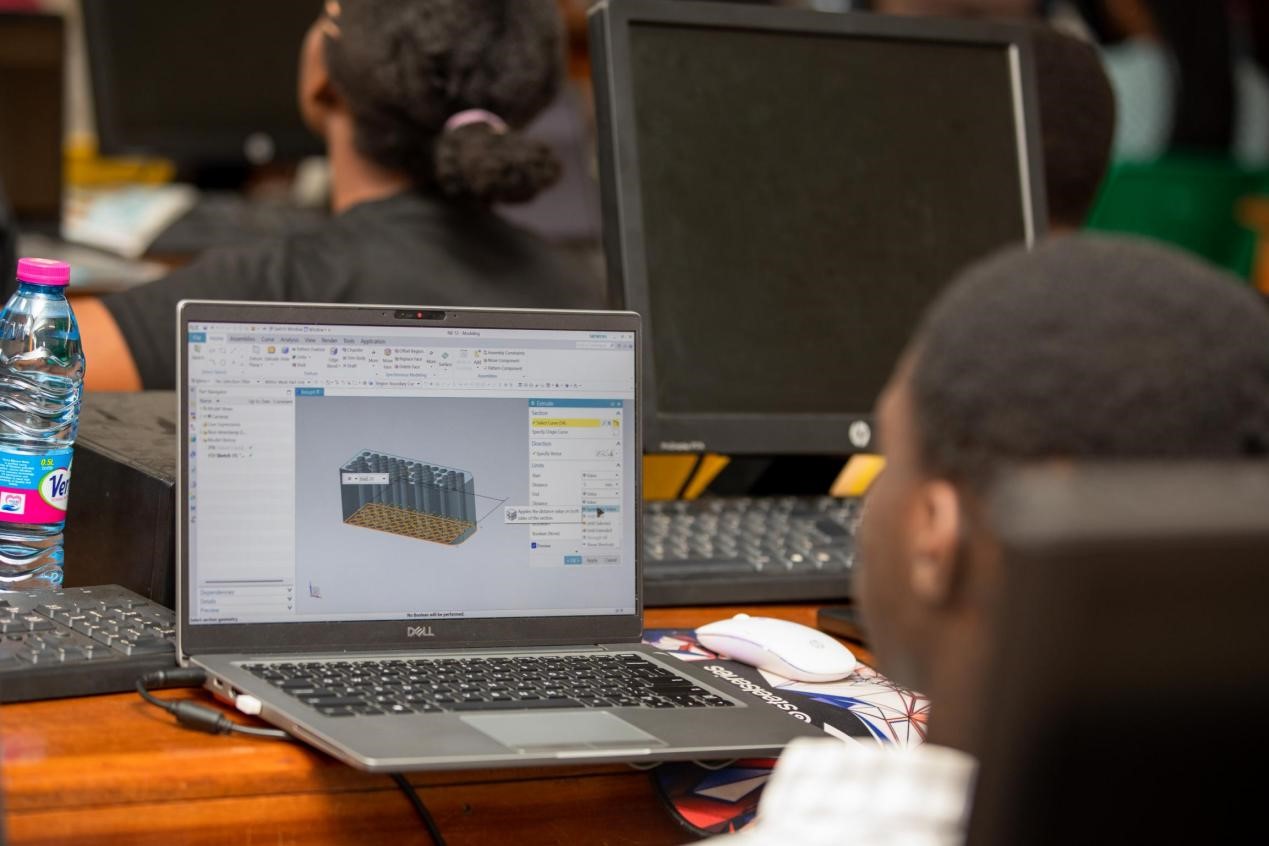
The sponsorship by the KNUST Engineering Education Project (KEEP) underscores a core objective of the project: to enhance the quality and relevance of engineering education in Ghana through targeted capacity building and the modernisation of teaching and learning facilities.


